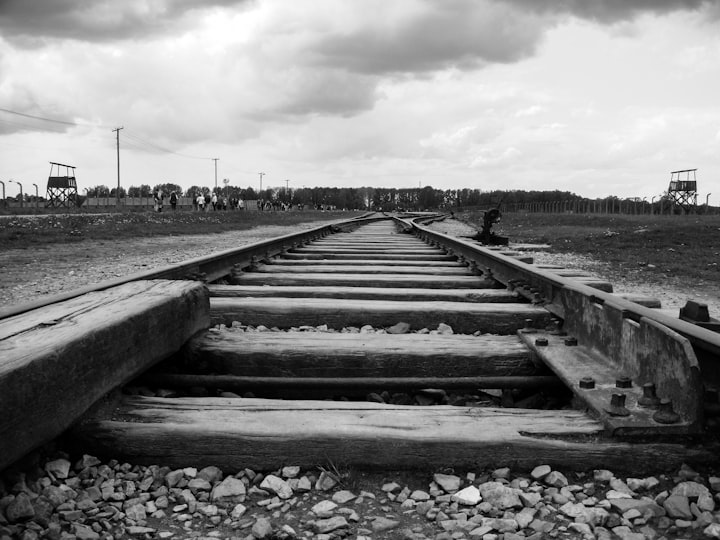Why Do I Find It So Hard To Make Decisions?
Decision-making is a vital constant. Moreover, the way in which we face it can often be more damaging than the choice we finally make. So, today we want to talk about how this process can act as a ballast in our lives.

Life is a constant decision making process. From the moment we get up to the moment we go to bed, we have to choose, select, opt for some alternatives and discard others.
In something as simple as choosing what to have for breakfast, or in something more complex, such as accepting or rejecting a job or ending a relationship, we find ourselves at crossroads.
But why do some people find it so difficult to make decisions?
We can all experience unease or uneasiness when faced with important dilemmas.
No one wants to make a mistake and later regret the consequences.
However, sometimes this indecision becomes pathological, seriously affecting people's well-being.
Discovering the causes can guide us as to what aspects need to be worked on to reverse this situation.
Why is it so difficult to make decisions?
If we stop to think about why we find it so difficult to make decisions, we may not be able to identify the reasons.
But in many cases, it is the following reasons that hold us back:
1. Fear of taking responsibility.
Being an adult gives us the opportunity to choose and act according to our preferences and opinions.
This leads to a freer life than when we were younger, but it also carries the enormous burden of responsibility.
The fact is that, at this point in time, the outcome depends solely on us, there is no longer anyone to blame.
Thus, the fear of being wrong, of making mistakes and having to assume the consequences of our actions can paralyse us when it comes to making decisions.
For example: let's take the case of a person who is thinking of quitting her job to start a business.
She knows that she alone will be responsible if it goes wrong and she ends up ruined; but she will also be responsible if she continues in that job and feels totally unhappy.
This clash of forces is not easy to cope with and for some people it overwhelms or blocks them.
2. Choosing means discarding.

Decision-making can become complicated when we become aware that we are not only making one choice; we are also giving up all others.
For this reason, many people make an exhaustive and conscientious analysis of all the alternatives.
This tendency to over-analyse and over-rationalise decisions makes us slow and sometimes maladapted, given the dynamism of our environment.
The individual never feels that he or she has all the necessary information or that all perspectives have been taken into account.
Thus, the analysis seems endless and is never satisfactory.
For example: buying one car means not buying the others; and among them may be one that is faster, safer or better priced than the one you chose.
3. Inappropriate parenting styles.
Usually underlying these fears, insecurities and indecisions is an inadequate parenting style during childhood.
Autonomy, self-confidence and responsibility are aspects that begin to be worked on at home, from the first years of life.
As children make decisions and learn from them, it becomes more and more natural for them. By adulthood, they are able to make choices without major problems.
However, sometimes this process is not carried out properly.
If parents are excessively overprotective, they prevent the child from making decisions and experiencing the consequences.
Therefore, he or she will have to face adult decisions without having practised with smaller ones while growing up.
On the other hand, very authoritarian parents tend to reproach their children too much for mistakes, creating a burden of guilt and anxiety that can paralyse them when it comes to making decisions.
4. What to do when decisions are so difficult to make?
Those who suffer from high levels of indecisiveness can encounter serious difficulties in their day-to-day lives.
They are generally submissive and dependent and always need the company of others to make decisions.
This leads to anxiety, insecurity and low self-esteem and prevents them from developing as autonomous adults.
Therefore, in these cases it is necessary to start working with beliefs, accept mistakes as a natural part of the process and learn to relativise.
But, above all, it will be essential to practice, to begin to make decisions and to strengthen security and self-confidence.
Professional guidance can be of great help when the process seems too complex to tackle alone.
About the Creator
HowToFind .com
More info at https://howtofind.com






Comments
There are no comments for this story
Be the first to respond and start the conversation.